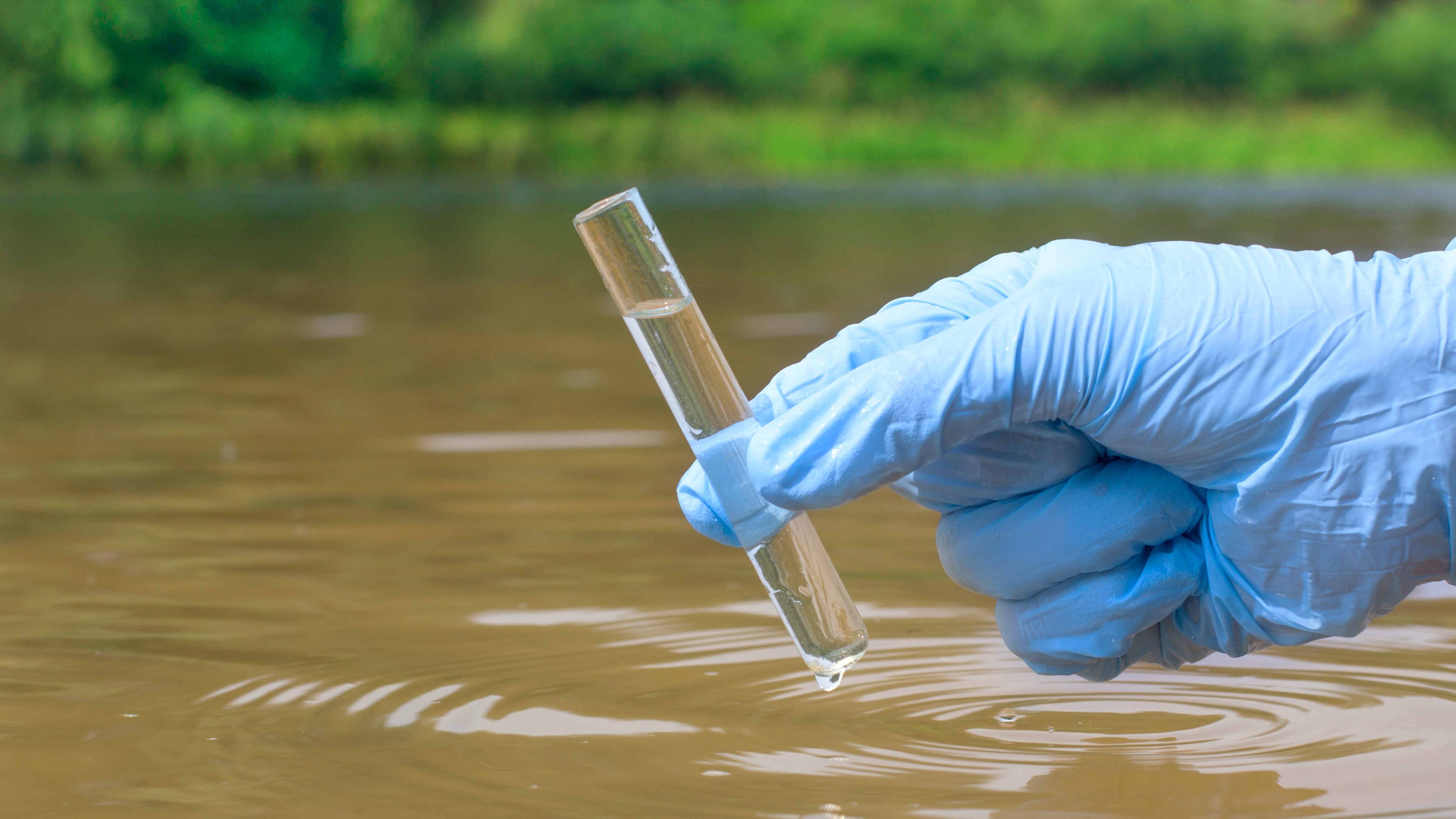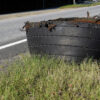Imagine this scenario: A thief calls the local police and tells them that he’s been stealing from local homes and businesses, and that he plans to steal more. He tells the cops when and where he’s been stealing, and when and where he plans on stealing from in the future. And the cops tell him that’s cool, and they do nothing.
That, ladies and gentlemen, is the Alabama Department of Environmental Management.
Except, ADEM is actually worse than that.
On Wednesday evening, WHNT in Huntsville reported that 3M has, for years now, been dumping illegal chemicals, identified as PFSA, into the Tennessee River. And for many of those years, the company was reporting those illegal dumps to ADEM, which apparently ignored the reports or didn’t read them or simply didn’t care.
Honestly, we are to the point now that we’re probably worse off with ADEM than without. We should take the money that we’re apparently wasting on that staff and give it to the various Riverkeeper groups around Alabama. Hell, they find half of the problems, and provide much more honest and thorough reports, and do a much better job notifying the general public of problems than ADEM ever has.
Because the problems with ADEM go well beyond its continued cozy relationship with 3M, which has led to ADEM essentially being a non-participant in an ordeal that saw two counties stop drinking their tap water and a $28 million settlement hit the table.
ADEM has been an embarrassment for years now, and not just because it often misses or is late on serious environmental issues. It also has the infuriating tendency of serving as a sort of public relations arm of the offending companies.
Whether it’s Drummond Coal in North Birmingham or Tyson Foods in Cullman County or 3M and several others in Decatur or … hell, pick a major corporation near any body of water in this state, you’ll find ADEM there to tell you why the pollution isn’t really as bad as it seems.
Just last week, after the Black Warrior Riverkeepers tested the Black Warrior River downstream from a Tyson wastewater “spill” and found dangerously high levels of E-coli bacteria, ADEM swooped in like an Alabama environmental Baghdad Bob to tell everyone that the water was actually safe.
Nothing to see here. Ignore the 175,000 dead and rotting fish.
And yes, there were an estimated 175,000 dead fish from that “spill.” And I keep putting “spill” in quotation marks, because the word implies that an accident occurred and I’m not so sure it was an accident, because this makes the third time something like this has occurred at that plant.
The Cullman Journal interviewed people who live along the river and downstream from the plant, and they talked extensively of this awful “spill,” and how they watched 50-pound catfish surface and die and how they were worried about their pets who routinely drink from that water and how ADEM never warned them about the spill or told them what precautions to take.
Those people also talked of the old “spills,” in 2016 and 2015 and 2011. And the newspaper noted that ADEM had fined the plant, for all of those spills, the staggering sum of $19,000.
Which is probably less than what it would cost the plant to appropriately dispose of the waste it’s dumping.
But this is the way ADEM rolls.
Under its current leadership, with Lance LeFleur at the helm, ADEM has been far more concerned with businesses’ bottom lines than with the state of Alabama’s environment. To a literally sickening degree.
The height of its incompetence and culpability was exposed worst in the legal battles surrounding the North Birmingham superfund site. Documents and testimony showed how ADEM officials cozied-up to the state’s worst polluters, helping them to avoid stiff federal penalties and manage bad PR.
Alabama citizens should be lighting the torches and digging out their pitchforks. This is the environment we all claim to love and cherish — the rivers and lakes we fish and boat in, the woods we hunt in, the wild game we eat, the air our children breathe.
And the cops we pay to patrol that environment appear to have switched sides on us.





















































